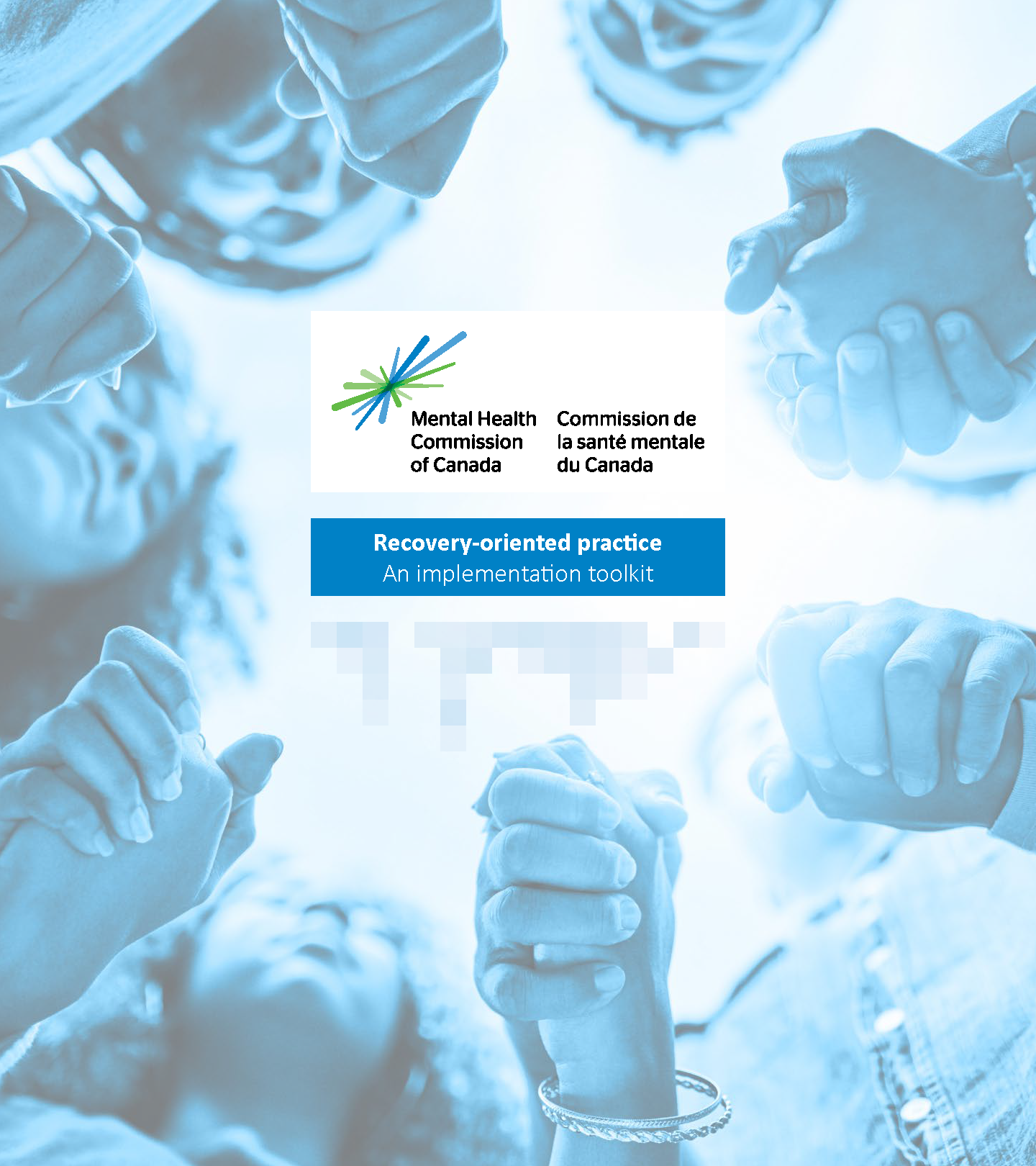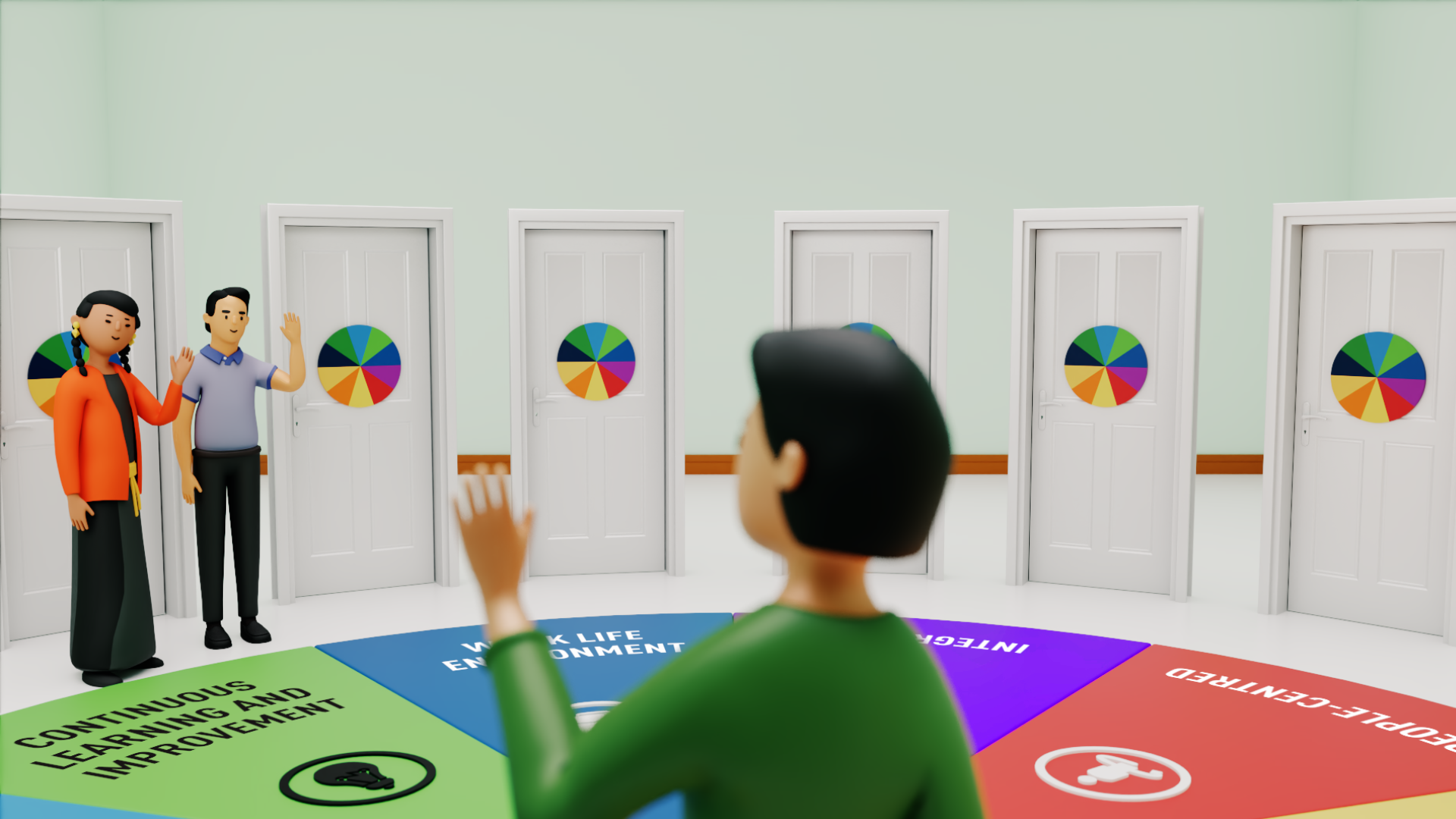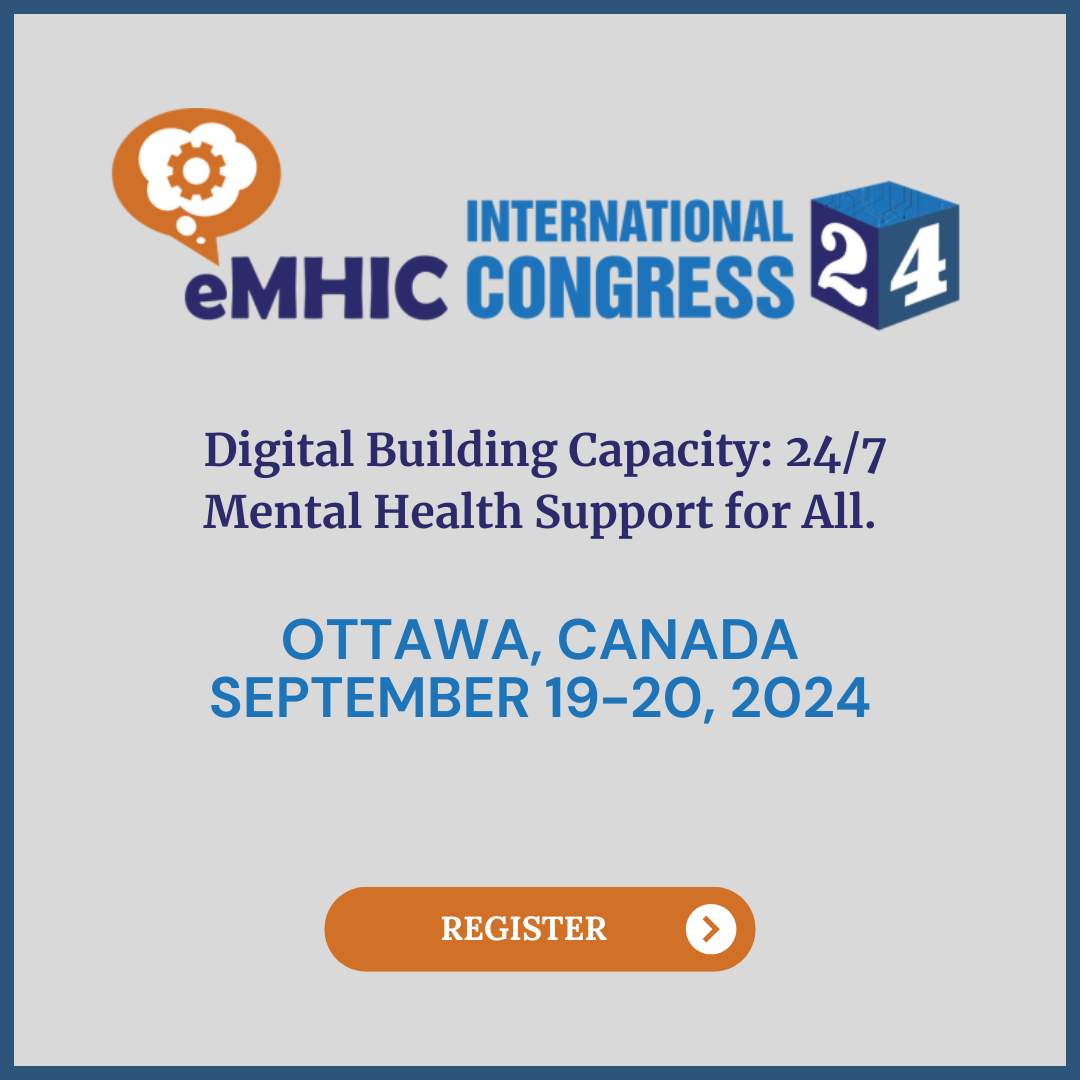If you are in distress, you can call or text 988 at any time. If it is an emergency, call 9-1-1 or go to your local emergency department.
Recovery-oriented practice – An implementation toolkit
Introduction This toolkit was created to help those who provide mental health and substance use services and supports adopt the Guidelines into their unique workplace contexts and practices. It gives practical examples of how the core recovery principles show up in organizations through policies, programs, and practices. The structure of the toolkit was informed through an online national survey, in-person consultations, and key informant interviews with those who work or have worked in the mental health or substance use fields, as well as service users and caregivers. What is recovery? Why recovery-oriented practice matters
The Guidelines for Recovery-Oriented Practice (Guidelines) provide an in-depth Canadian resource for understanding recovery and for promoting consistent use of recovery principles in mental health care.
Recovery in mental health and substance use is about people living satisfying, hopeful lives and contributing to society even if they experience ongoing symptoms of a mental health problem or illness. It looks different for everyone, so people should be empowered to decide what recovery means for them and what they need to achieve it.
The actions, choices, and behaviours of anyone providing mental health and substance use services or supports can have a significant impact on service users and how they experience care. Everyone deserves respect, dignity, and the opportunity to live a life consistent with their hopes, goals, and aspirations. These are our collective human rights. Recovery-oriented practice instils hope, and empowers and sustains the recovery journey by building upon people’s strengths, passions, and purposes.
SHARE THIS PAGE
RELATED



